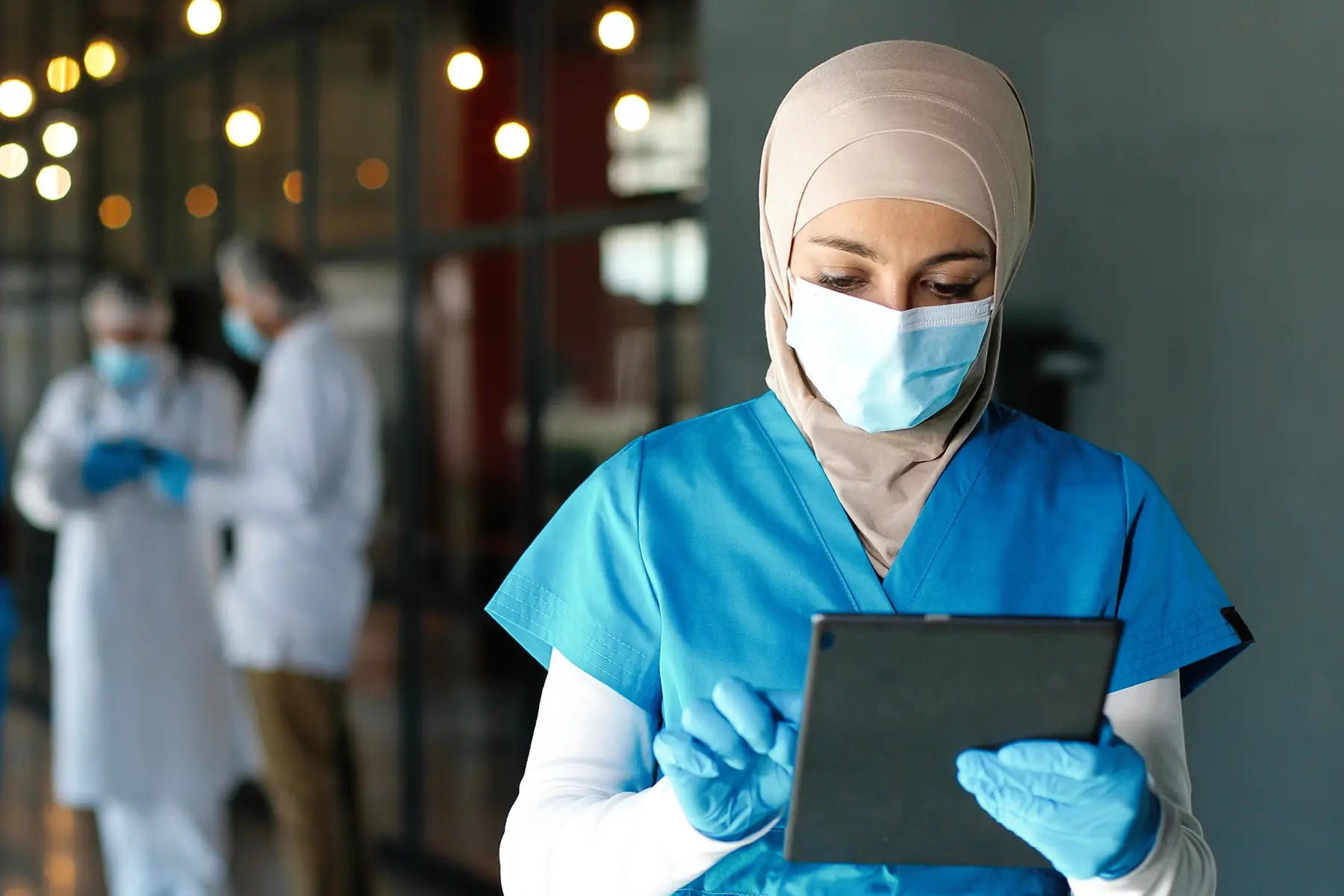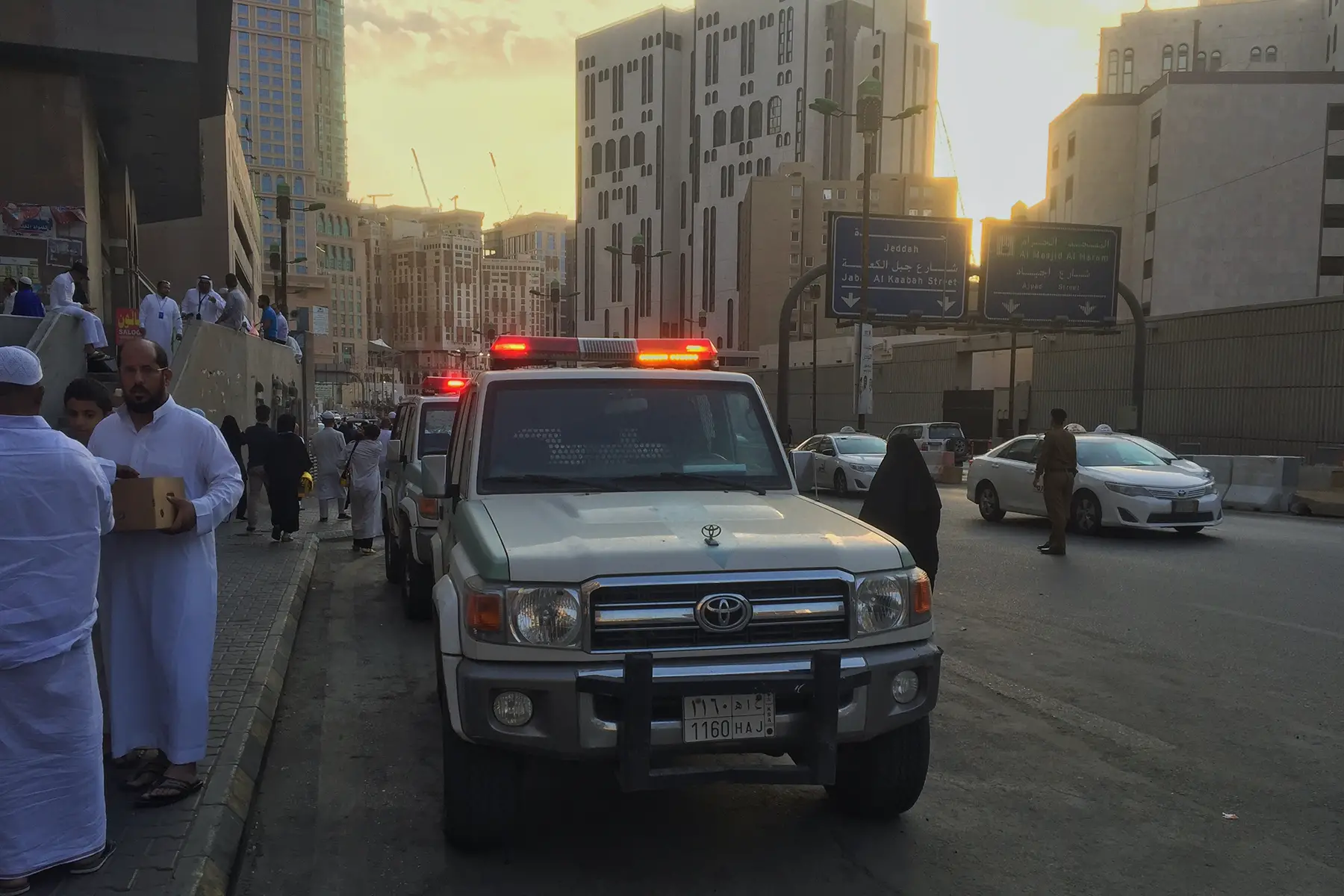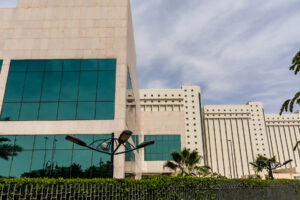Due to religious conservatism, Saudi society does not openly discuss sexual healthcare and there are no services catering to the LGBT+ community. Moreover, there is a lack of sexual education programs or services for the youth in the Kingdom. However, residents can freely access the healthcare system for many sexual health concerns related to reproduction, maternity, and cancer. Notably, expats would need private health insurance to access these services.
This article focuses on sexual and reproductive health in Saudi Arabia by clarifying the following topics:
- Attitudes towards sex and sexuality in Saudi Arabia
- Accessing sexual health services in Saudi Arabia
- Insurance for sexual and reproductive healthcare in Saudi Arabia
- Contraception in Saudi Arabia
- Pregnancy and childbirth in Saudi Arabia
- Abortion in Saudi Arabia
- STDs and STIs in Saudi Arabia
- Erectile dysfunction treatment in Saudi Arabia
- Feminine hygiene products in Saudi Arabia
- Cancer screenings in Saudi Arabia
- Services dealing with sexual abuse and assault in Saudi Arabia
- Youth sexual health in Saudi Arabia
- Same-sex relationships in Saudi Arabia
- Useful resources
APRIL International
Looking for expat-friendly health insurance in Saudi Arabia? APRIL International has a long history of providing health coverage tailored to the unique needs of the expat lifestyle, ensuring peace of mind for you and your family. Whether you're relocating to Saudi Arabia or simply staying short-term, APRIL International has the right policy for you.
Attitudes towards sex and sexuality in Saudi Arabia
Saudi Arabia is a deeply religious country, home to the Islamic world’s two holy cities, Mecca and Medina. Therefore, Saudi culture tends to be patriarchal with conservative norms, limiting open conversations around sex and sexual health.
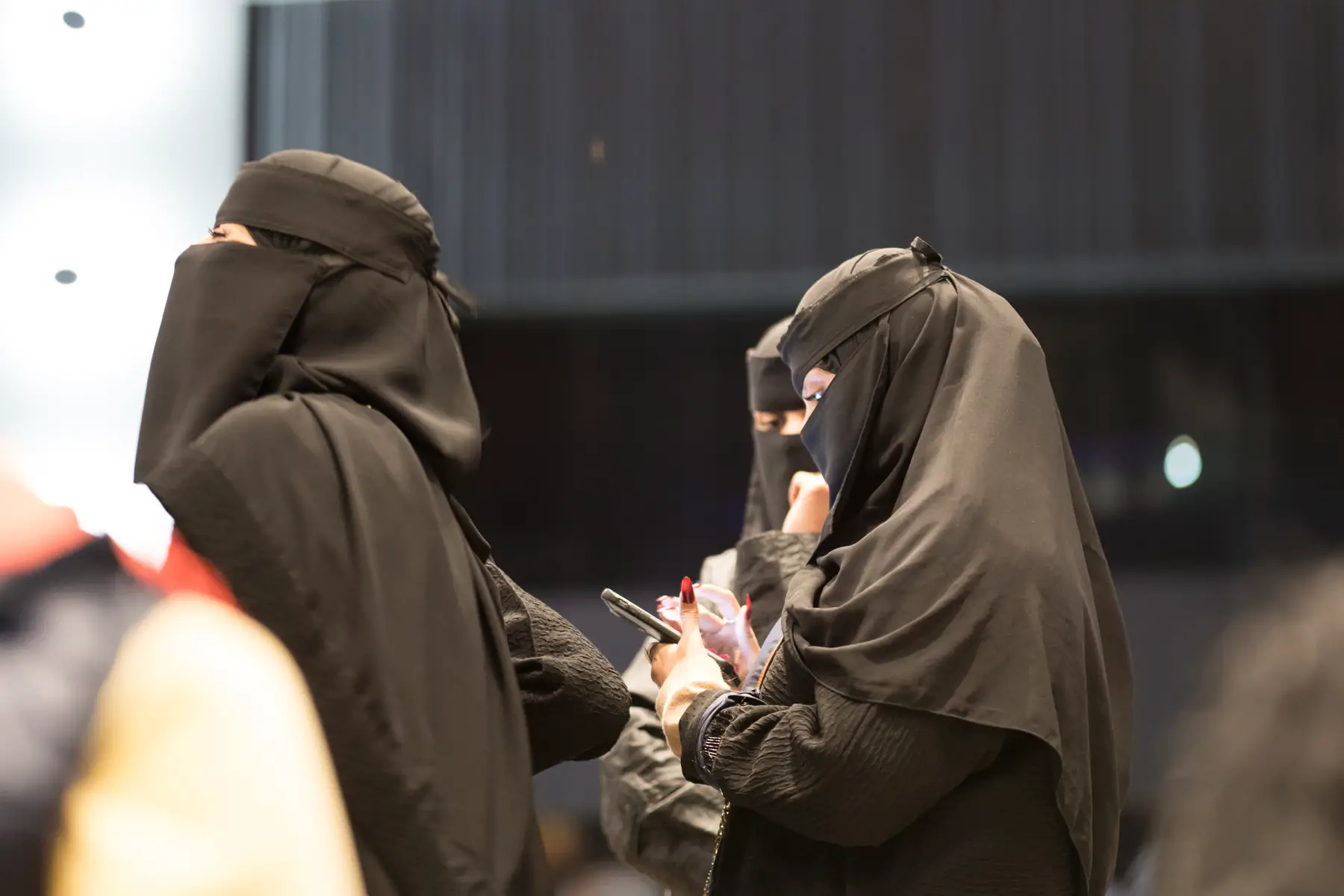
Likewise, the healthcare system reflects society’s attitude towards sexual healthcare. It focuses more on reproductive health within the marital relationship between a man and a woman and little more. Services focusing on any other sexual health area, such as same-sex relationships, abortion, contraception, or venereal diseases (STDs/STIs) are not available for people outside of marriage or, for some issues, not available at all.
While the Kingdom has granted women more rights (e.g., the right to drive), sexual healthcare, especially women’s healthcare, has yet to reflect this shift. Sharia law, Iftā, and fatwās underpin women’s health rights. According to the International Islamic Fiqh Academy (IIFA), “the term Iftā refers to providing formal Sharia opinion (fatwā) on a specific issue, either on request or for the mere sake of enlightening people on the Shariah ruling regarding an arising subject.”
Accessing sexual health services in Saudi Arabia
By law, the Kingdom of Saudi Arabia, represented by the Ministry of Health (MOH), provides comprehensive healthcare free of charge to Saudi nationals. There are just over two doctors for every 1,000 residents and close to 500 hospitals providing healthcare services to over 31 million residents. These medical facilities include medical cities, specialized hospitals, university and military hospitals, and primary care centers. You can search for a specific facility with the MOH’s interactive map.
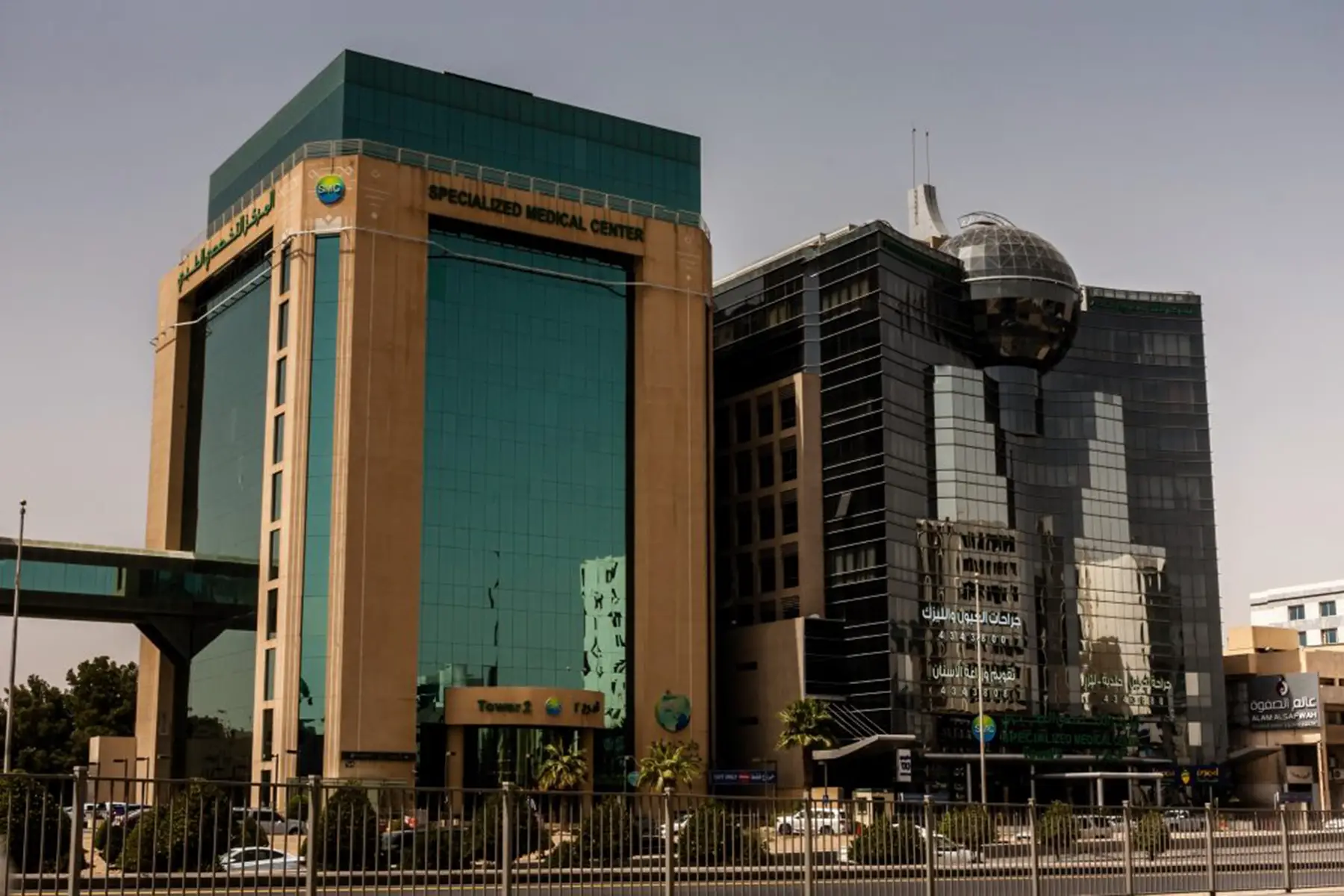
Notably, under sexual and reproductive healthcare, the United National Platform only refers to pregnancy, labor, delivery, and infertility treatments. It states that abortions are illegal – bar some medical exceptions – and does not mention testing or treatment of STDs, STIs, or HIV/AIDS. Read on to find out more about these subjects.
Depending on the sexual health issue, GPs will refer their patients to a specialist, such as a gynecologist or a urologist. Generally, bigger medical centers with a wide range of specialties also include specialized clinics for sexual health services. You can make appointments at these clinics without a GP referral.
There is also no mention of youth or LGBT+ sexual health programs. Therefore, accessing sexual health services for anything other than maternity, you would likely need to contact private clinics and pay out of pocket if your private health insurance does not cover the treatment.

Medicines are widely available at pharmacies across Saudi Arabia. Most are sold without prescriptions and are affordable due to government subsidies. However, some medications are either banned or highly controlled in the country. As a result, you cannot purchase items such as anti-depressants and sleeping pills. It is not clear how these restrictions apply to any sexual health medications.
Insurance for sexual and reproductive healthcare in Saudi Arabia
The Council for Cooperative Health Insurance (CCHI) governing all health insurance providers follows the narrow scope of the Kingdom’s healthcare system concerning sexual health. Therefore, many healthcare providers do not offer insurance coverage to screen and treat STDs and STIs. However, in most major cities, patients can access privately funded treatments.
To find a health insurance package best catering to your needs, read our article about health insurance in Saudi Arabia. There are several private health insurance companies operating in Saudi Arabia. These include large multinational insurers offering comprehensive and supplementary policies, such as APRIL International.
Contraception in Saudi Arabia
Birth control is legal in the Kingdom. According to one study, 74.9% of married Saudi women use birth control. Most prefer the oral contraceptive pill and intrauterine device (IUD). You can purchase the pill at most pharmacies. Some require a prescription, while others may ask for a marriage certificate since sex outside of marriage is illegal.
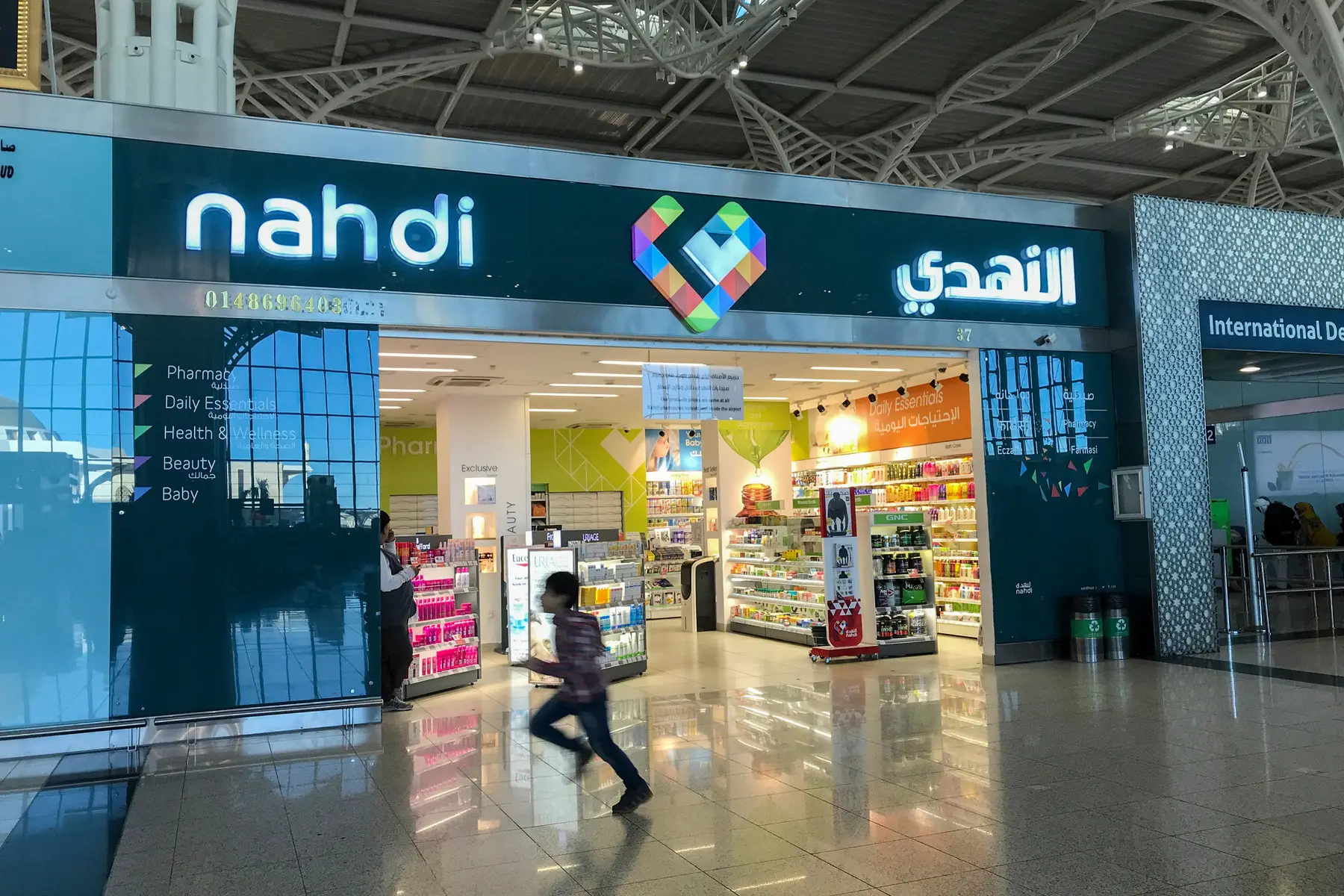
However, you are likely to find pharmacists who will freely sell birth control over the counter in cities like Riyadh and Jeddah. There is a wide choice of contraceptive pills, including Yasmin, Cerazette, Diane, Diane-35, Logynon, Marvelon, Nordette, Microgynon-30, Microlut, and Minulet. Costs can range from SAR 10 to SAR 110. Additionally, Saudi women can obtain contraceptive methods free of charge from hospitals and health centers.
Some couples use only male condoms. You can purchase condoms at pharmacies and supermarkets without a prescription. Condoms cost around SAR 25 to SAR 40, depending on the size of the pack.
Information on dedicated family planning clinics is scant. In a recent study about awareness of contraceptives, with an urban population of women in the north of Saudi Arabia, almost all the women reported a lack of family planning clinics in their health care centers.
The morning-after pill
Emergency contraception is theoretically available on prescription. However, many doctors won’t prescribe it, and only a few pharmacies stock it.
Pregnancy and childbirth in Saudi Arabia
Maternity services and prenatal care are broadly available across the Kingdom. If you access the public healthcare centers for reproductive, maternal, or child healthcare, you can book a medical appointment (Mawid) via the Ministry of Health website. Moreover, expecting mothers can write up concrete birthing plans in consultation with their doctors. For example, they can choose their delivery method or ask for a birth partner other than their husband. However, costs may vary depending on the selected pregnancy, birthing, and insurance packages.
Fortunately, health standards are generally high and infant mortality rates low. Typically, maternity staff will promote and encourage breastfeeding. Saudi society widely accepts breastfeeding as a good and important practice. That said, because the country is an extremely conservative society, we do not recommend breastfeeding in public or in spaces where men and women are not segregated.
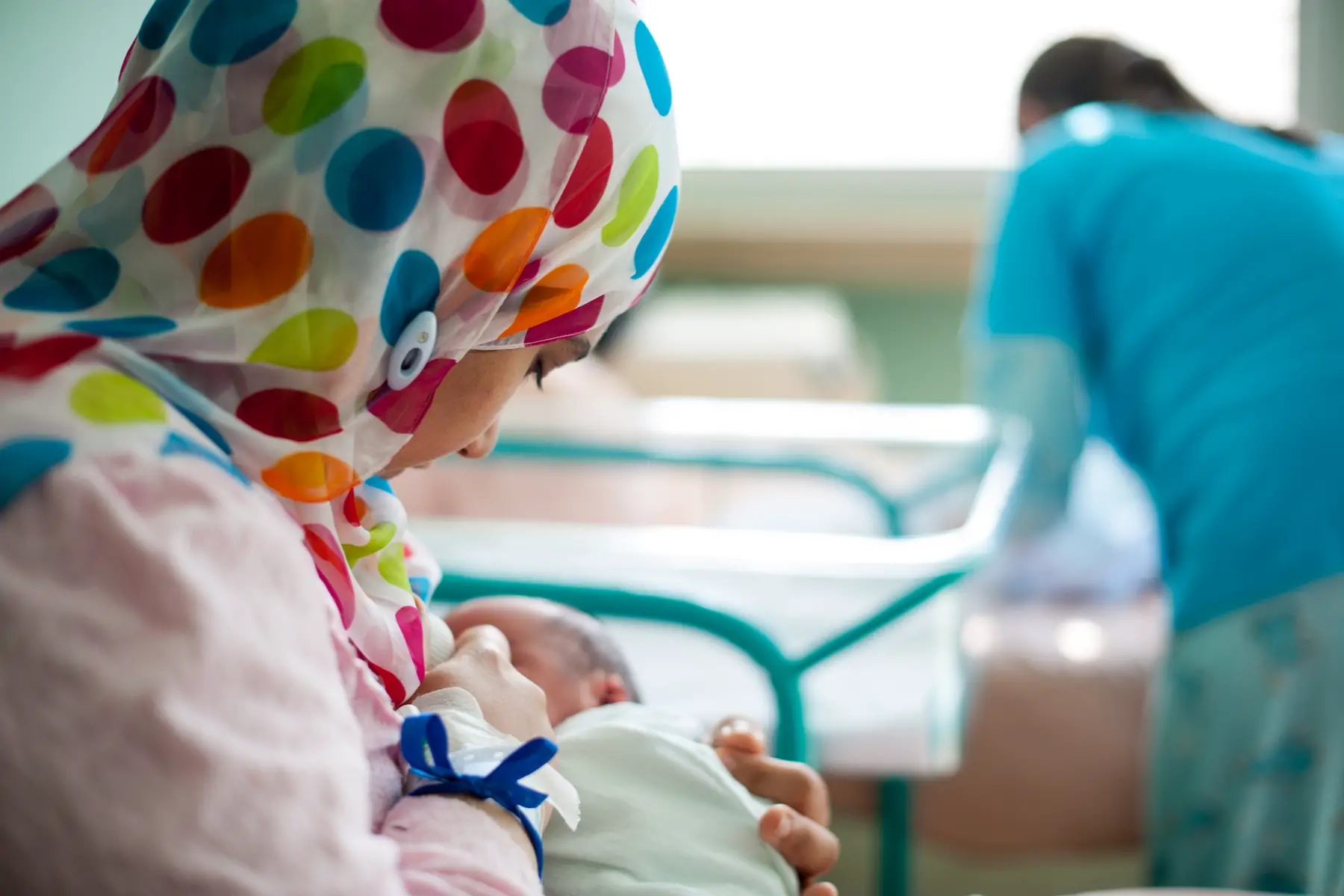
Babies born in Saudi Arabia are included in its national vaccination schedule against various illnesses, including tuberculosis (TB) and Hepatitis B. A child will receive most of their vaccinations during their first two years of life.
New parents are entitled to paid maternity and paternity leave. Mothers usually receive at least four weeks of paid leave before giving birth and six weeks after. Conversely, fathers often only get three days after the birth.
Abortion in Saudi Arabia
Women in Saudi Arabia have limited rights when terminating a pregnancy. As a result, having an abortion is illegal. The only exception is if the pregnancy risks the mother’s life, as determined by a medical committee. As such, after the fourth month of pregnancy, after exhausting all measures to continue with the pregnancy safely, only a group of qualified physicians can permit a termination.
Sadly, many women turn to unsafe alternative methods to end the pregnancy, such as taking drugs like Misoprostol. Others will go back to their home or another country, where safe abortions are legal.
STDs and STIs in Saudi Arabia
Current data on STDs and STIs is limited in Saudi Arabia. At the root of the issue are religious and cultural norms that inhibit and stigmatize testing. Other obstacles include a low number of studies and limited collaboration among health institutes and practitioners. The lack of systemic screening is a prevailing challenge, with numerous cases routinely going undiagnosed. However, the most common co-infections are Hepatitis C (HCV), followed by Hepatitis B (HBV).
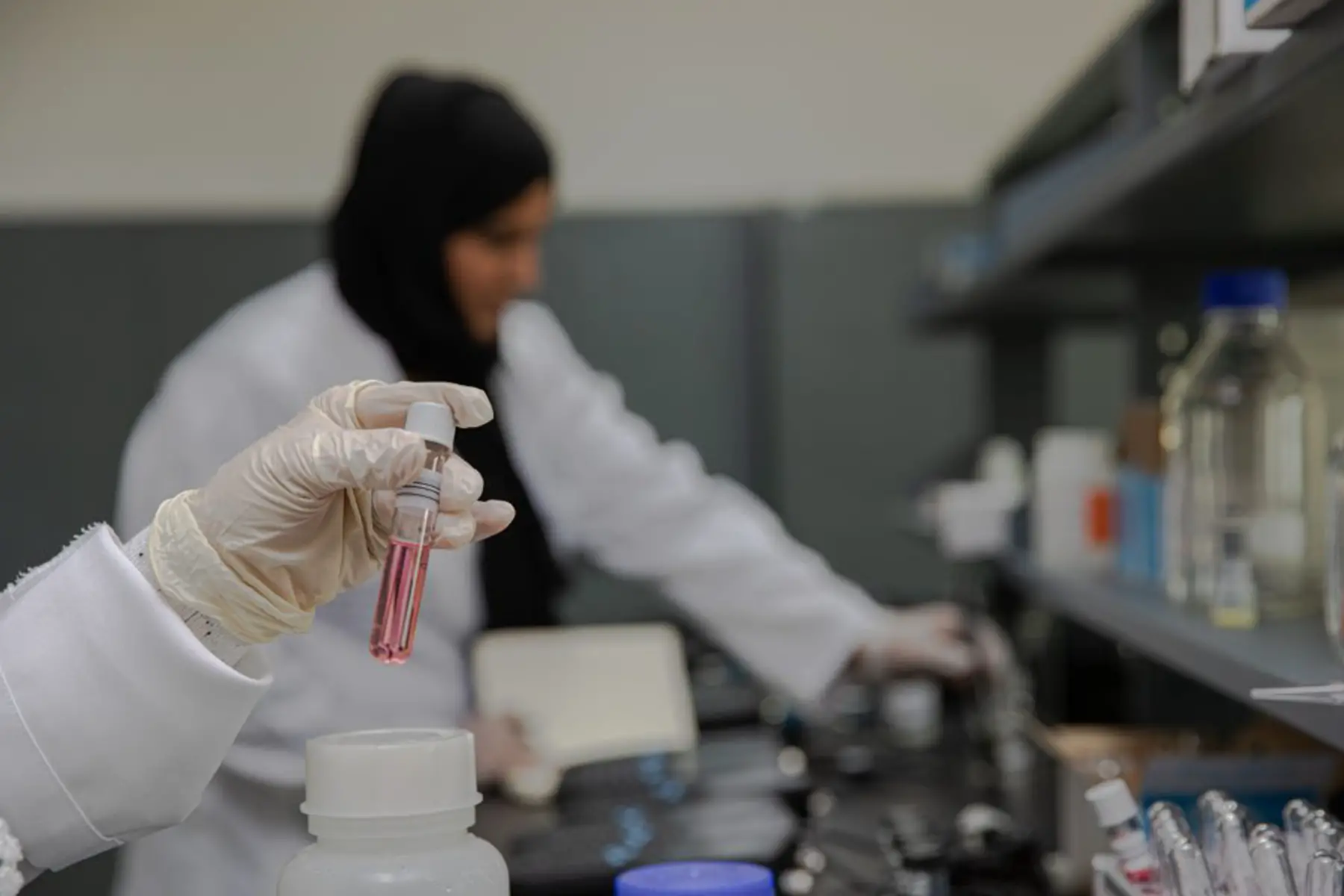
Furthermore, medical treatment of STDs and STIs is also explicitly excluded from the Council of Health Insurance (CCHI) criteria. Therefore, patients have to pay for treatments. Still, according to national regulations, women have the right to preventative, diagnostic, and therapeutic examinations for venereal diseases(STDs/STIs/HIV). Nonetheless, quality testing and treatment options are accessible, albeit only in larger cities and private facilities.
The patients have a right to confidentiality and privacy, except in the cases highlighted by legal laws and procedures (e.g., doctors are obliged to report positive HIV results).
HIV/AIDS in Saudi Arabia
An HIV test is a visa entry requirement to move to Saudi Arabia. Indeed, the government will deny your visa if you test positive. Moreover, federal legislation may require doctors to report positive test results, limiting patients’ confidentiality. Therefore, suppose a foreign national becomes infected while living in the Kingdom. In that case, the authorities will deport them if their status becomes known.
Still, the UNAIDS’ 2020 data estimates that between 10,000 and 14,000 people live with HIV in the Kingdom and this number is rising.
Treatment for STDs and STIs
There is no clear explanation about specific treatment in Saudi Arabia, but typical treatments include antibiotics and antiviral drugs. As the national healthcare system does not cover STD and STI treatments, you would most likely pay for these out of pocket. Only some private health insurance policies will cover these costs.
Antibiotics
Bacterial and parasitic infections – gonorrhea, syphilis, chlamydia, and trichomoniasis – are often easier to treat with antibiotics. As with any infection, it’s important to finish the prescribed course and abstain from any sexual activity during treatment.
Antiretroviral therapy (ART)
If you test positive for HIV, a doctor would prescribe antiretroviral drugs. As there is no cure yet for HIV or AIDS, you’ll need ART daily for the rest of your life to reduce the viral load in your blood. According to UNAIDS, around 62% of people living with HIV in Saudi Arabia are on antiretroviral treatment. Again, this mostly applies to Saudi nationals as expats will be deported if the authorities learn about their HIV status.
Private sexual health clinics
A few private sexual health clinics in Saudi Arabia would confidentially test and treat patients for HIV, STDs, and STIs. You do not need a GP referral to book an appointment at any of these private clinics. Although your test results are confidential, these clinics do adhere to the national guidelines. They would require photo identification when you book your appointment. Here are three of the most prominent clinics in Saudi Arabia.
Better2Know
Better2Know is the largest sexual health testing center in Saudi Arabia, with clinics all over the Kingdom. You can make an appointment online. This clinic group offers a complete sexual health checkup with a full STD screening, or you can choose to be tested for a specific STD/STI.
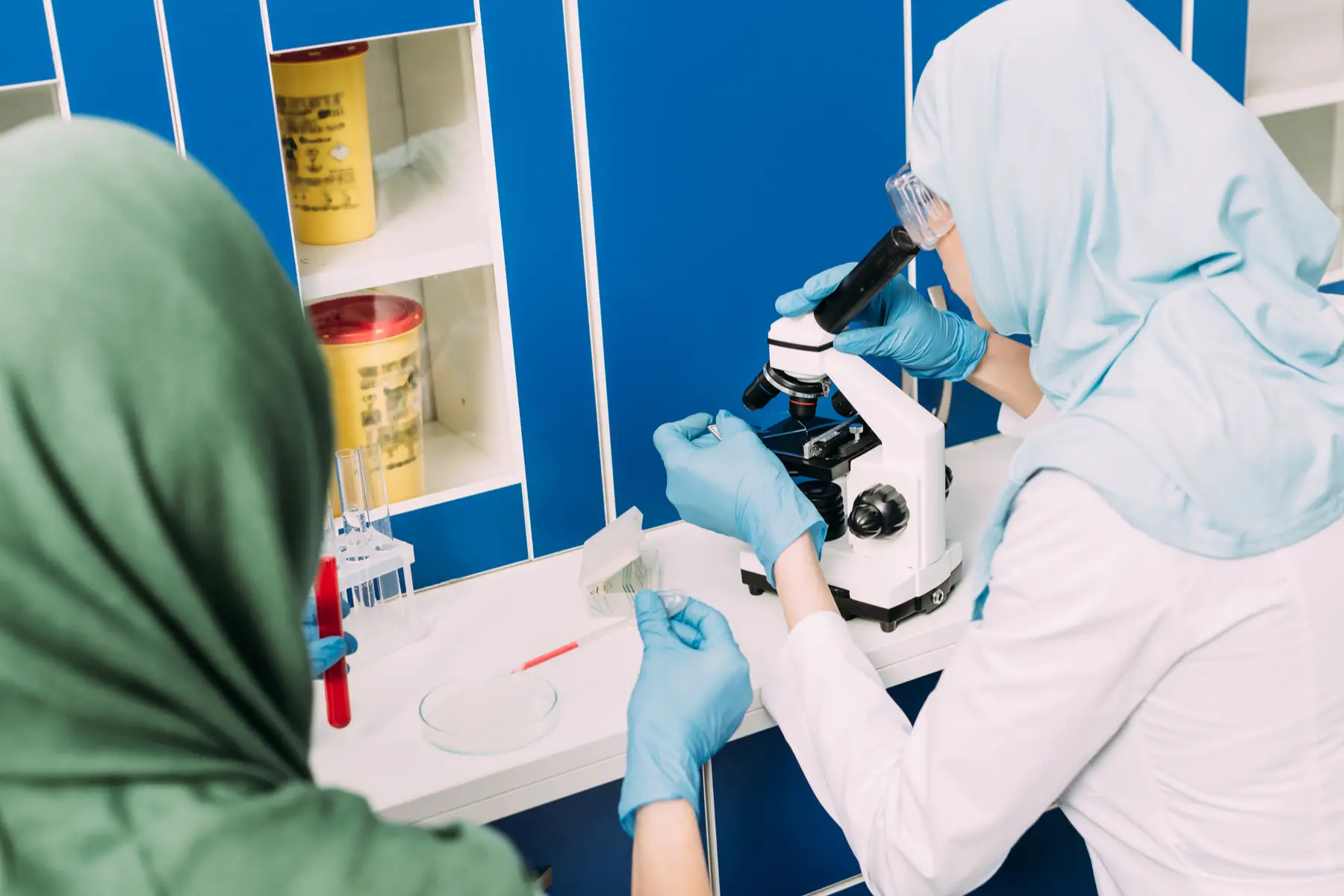
These tests include:
- HIV/AIDS
- Chlamydia
- Gonorrhea
- HPV (Genital warts)
- Cervical cancer
- Hepatitis B and C
- Mycoplasma
- Syphilis
- Trichomonas
- Ureaplasma
Technicians will analyze blood and urine samples, and you will receive your test results within five working days. Once all your results are in, the clinic will contact you, but you’ll access your results via a secure online patient portal. The clinic also offers at-home testing.
If you test positive for an STD or STI, a clinic doctor will consult with you about the best course of treatment. They will refer you to the appropriate sexual health service. Alternatively, you can discuss your results with your GP.
Other sexual health services may include fertility or urology testing. Costs vary between SAR 766 to SAR 3060 depending on the required test and consultation.
Screening for HIV/AIDS
For an HIV screening, the private clinic Better2Know offers two types of testing:
- HIV DUO test – 28 days after infection
- HIV RNS PCR test – 10 days after infection
As mentioned earlier, although your appointment is confidential, the lab may be obliged to report a positive result to the relevant authorities.
Procare Riaya Hospital
The Procare Riaya Hospital in the east of the Kingdom near Al-Khobar offers a wide range of sexual and women’s health services, including:
- Treatment of sexual dysfunctions and disorders
- Marital and sex counseling and therapy
- Support for youth sexual health and behavioral problems
- Sex education and premarital checkup
- Infertility treatment
- Testing and treatment of STDs/STIs
- Obstetrics and gynecology
You can make an appointment with the hospital receptionist from Monday to Thursday between 08:00 and 20:00. You would need the following documents:
- National Identity card
- Health insurance card (if you need private insurance)
- Copy of the family card (all female patients)
- Copy of the IQAMA (non-Saudi patients)
Al Borg Laboratories
Al Borg Laboratories has 42 laboratories across Saudi Arabia. It is not a dedicated sexual health clinic or testing facility but launched an STD screening program in 2017, specializing in testing and early detection. They do not offer any treatment programs, only confidential test results to share with your clinician, who will develop a treatment plan.
Erectile dysfunction treatment in Saudi Arabia
Erectile dysfunction is the most prevalent men’s health complication reported by pharmacists in Saudi Arabia. Medicine is widely available and, despite technically requiring a prescription, is sold over the counter in pharmacies around the country. Costs could range anywhere from SAR 50 to SAR 150.
Feminine hygiene products in Saudi Arabia
Feminine hygiene products are widely available in Saudi Arabia. While not covered by insurance, supermarkets and pharmacies typically have a range of affordable tampons or sanitary pads. A variety of options is also available online. Costs can range between SAR 12 to SAR 40, depending on the brand and size.
Cancer screenings in Saudi Arabia
Healthy living campaigns and preventative medicine are vital to the Kingdom’s Vision 2030. As a result, the Saudi Ministry of Health aims to create more organizations to strengthen primary and preventative care. However, despite this vision, there are still too few screening and early detection programs and a general lack of cancer awareness in society.
While still less common than in western countries, such as the US and Europe, the prevalence of male cancers – prostate, testicular and penile – is increasing in Saudi Arabia. Moreover, doctors often diagnose these cancers at an advanced stage, due to the lack of awareness and early detection programs. Likewise, breast, cervical, and ovarian cancer are often diagnosed late.

Cancer screenings are among the Saudi government’s free medical services for locals. However, these services may be expensive for internationals. Still, many insurance companies will cover assist cancer screenings and treatments depending on your package.
You should discuss any concerns with your GP, who can do initial testing and refer you to a specialist if needed. Alternatively, you can contact a specialist, such as a urologist, directly. Use a search tool like Top Doctors or contact your health insurance to find a screening program.
How to get screened for cervical cancer
The MOH recommends regular pap smears for women up to 65 – at least every two years. Additionally, HPV vaccinations have been approved in Saudi Arabia since 2010 for girls and young women (11 – 26). It offers effective protection against the Human Papillomavirus (HPV), which causes cervical cancer. However, many Saudi women do not feel confident accessing cancer screenings and HPV vaccinations due to the cultural stigmatism around sexual health issues, especially STIs and STDs.
Furthermore, more than 40% of cervical cancer are estimated to be diagnosed at advanced stages in Saudi Arabia due to the prevailing misconception that women without symptoms are not at risk.
Typical symptoms of cervical cancer
- Vaginal bleeding between menstrual periods
- Unusual vaginal discharge
- Pelvic pain or painful intercourse
- Pain in the lower abdomen or accompanied bone pain
- Unexplained weight loss and general fatigue
What to expect
First, the doctor will do a physical exam and colposcopy, followed by a pap smear. The pap smear tests generally take between five to ten minutes. The patient undresses from the waist down so the doctor can insert a speculum into the vagina and scrape a sample of cells from the cervix with a small brush. This may cause some discomfort. Cells are sent away for analysis. If the lab finds any abnormalities, the doctor will do more blood tests as part of a further investigation.
How to get screened for breast cancer
A recent breast cancer study found that out of more than 1,000 women aged 50 and older in Saudi Arabia, 92% never had a mammogram. The survey highlights the prevailing attitudes towards preventative healthcare among the population. This is a concern, as breast cancer is among the most common types of cancer in Saudi Arabia, along with colorectal and thyroid cancer.

Therefore, the Breast Cancer Early Detection (BCED) Project encourages women between 40 and 69 to be screened every two years. Women can get a mammogram at a hospital or a clinic located in shopping malls, healthcare centers, and mobile clinics. Women need a referral from a healthcare center for hospital screenings, but they can access clinics directly without referrals.
Typical symptoms of breast cancer
- New lump in the breast or armpit
- Thickening or swelling of part of the breast
- Irritation or dimpling of breast skin
- Redness or flaky skin in the nipple area
- Pulling in of the nipple or pain in the nipple area
- Nipple discharge other than breast milk, including blood
- Any change in the size or the shape of the breast.
- Pain in any area of the breast.
What to expect
The mammogram procedure involves undressing from the waist up. A technician X-rays both breasts. It can be painful or cause discomfort but each X-ray only takes a few seconds.
How to get screened for ovarian cancer
Despite being the most common malignancy and ninth-leading cause of death among Saudi women, screening rates are low.
Typical symptoms of ovarian cancer
- Vaginal bleeding between periods, specifically post-menopause
- Unusual vaginal discharge
- Pain or pressure in the pelvic area
- Abdominal or back pain
- Bloating, feeling full too quickly, or difficulty eating
- More frequent urination and/or constipation
What to expect
The screening process usually involves an initial blood test. After that, the medical team may recommend an ultrasound screening if the blood test shows signs of ovarian cancer. Further investigations via X-ray, biopsy, and laparoscopy (keyhole surgery) may be required to confirm an ovarian cancer diagnosis.
How to get screened for prostate cancer
Even though the prevalence of prostate cancer is lower in the Kingdom than in Europe and the United States, it is on the rise. Prostate cancer is one of the most common cancers among Saudi men aged 50 to 70.
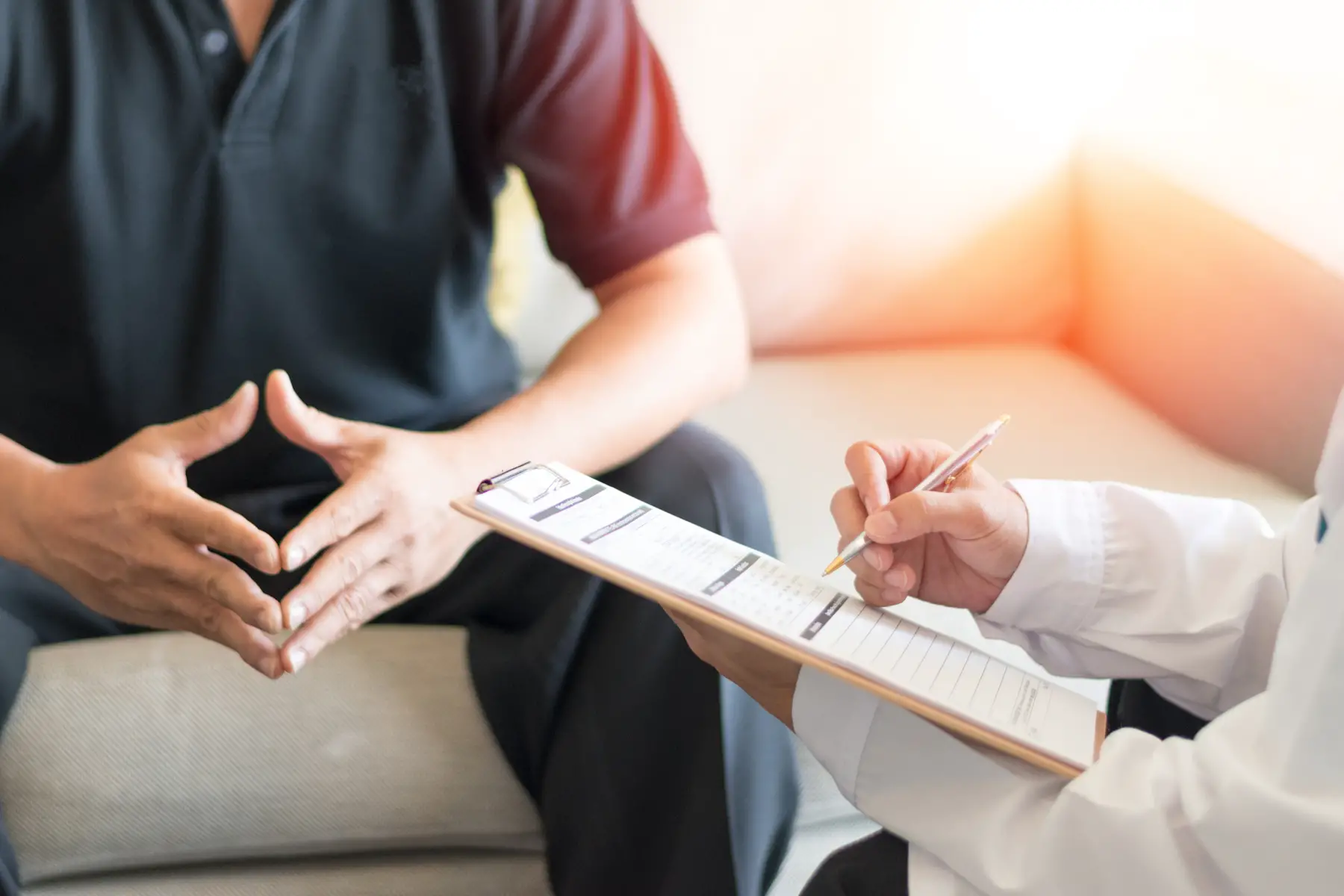
As mentioned earlier, prostate, penile and testicular cancers are often diagnosed at an advanced state in the Kingdom. The delay in detections can be due to a lack of awareness and fears of losing sexual function resulting from treatments.
Typical symptoms of prostate cancer
- More frequent urination
- Weak urine flow
- Bladder feels full, even after urination
- Blood in urine or semen
What to expect
Typically, screening starts with a digital rectal examination, which involves a medical practitioner gently inserting a finger in the rectum to check prostate gland size, shape, and consistency. Other tests include:
- The prostate-specific antigen test (PSA)
- A blood test to check protein levels associated with prostate cancer
- Scans (MRI scans, ultrasound, or CT scans)
- Biopsies (a sample taken from the prostate for analysis)
How to get screened for testicular cancer
Testicular cancer is rare, especially in Saudi Arabia. However, the prognosis is not good because it is often diagnosed at an advanced stage. Men between 15 and 49 are most at risk. Like regular breast self-exams, the medical advice is to do a regular self-examination (TSE) of each testicle. If you notice any changes, see your GP. Also, most hospitals and clinics with urology services will offer testicular (or prostate or penile) cancer screening.
Typical symptoms of testicular cancer
- A lump or firmness in the testicle; a feeling of heaviness
- A difference between testicles
- An intermittent dull ache or sharp pain in the testicles or scrotum
What to expect
Contact your doctor or urologist if you have concerns, especially after TSE. They will perform painless ultrasounds and blood tests to check for tumor markers in the blood.
How to get screened for penile cancer
Penile cancer is extremely rare, especially among Saudi men. It may be related to circumcised men’s much lower risk of developing this type of cancer. It is mostly diagnosed in men 50 and older.
Typical symptoms of penile cancer
- A growth, sore, rash, or change of skin color on the penis
- Thickening of the skin on the penis or foreskin (can’t pull back)
- Bleeding from the penis or under the foreskin
- A foul-smelling discharge
What to expect
After an external physical examination, screening involves a penile biopsy – a small sample taken from the penis for analysis – and medical imaging, such as CT scans, MRI scans, X-Rays, or ultrasounds.
Services dealing with sexual abuse and assault in Saudi Arabia
Islamic Law (Sharia) regulates the judicial system. As a result, the legal system in Saudi Arabia has no codified penal code. This means that judges have leeway to decide suitable punishments for crimes on a case-by-case basis. For sexual assault and violence, sentences have ranged from flogging to execution.
However, the lack of an explicit legal definition for sexual assault and the Kingdom’s conservative judiciary makes it difficult for a woman to report and prove a rape, especially marital rape. Furthermore, the male guardianship system limits a woman’s ability to report the crime to the police and file a court case without the permission of a male guardian. Often, the victim is blamed or the perpetrator goes unpunished if he agrees to marry the victim.
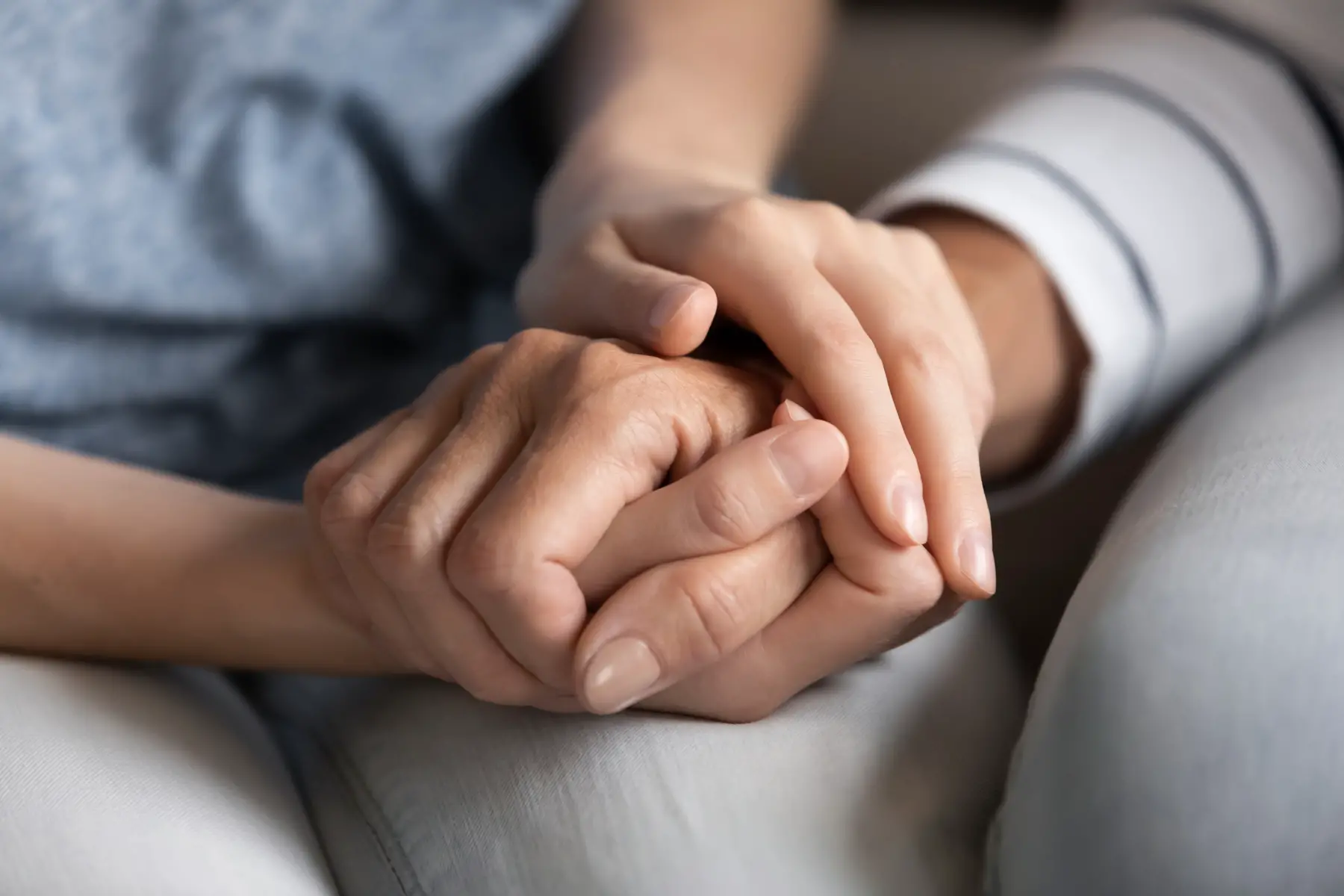
The Saudi government began to solve these issues by passing a 2013 legislation that makes sexual violence a punishable crime with jail sentences and hefty fines. It also banned domestic violence. A 2018 bill consolidated this new law further by criminalizing sexual harassment. Those found guilty receive penalties of up to five years in jail and fines up to SAR 300,000. The new laws aim to protect victims better and encourage law enforcement to follow up on reports of abuse.
Reporting sexual violence in Saudi Arabia
Unfortunately, there is scant information on the process of reporting sexual violence to the police and a lack of support organizations in Saudi Arabia. However, you can call the emergency hotline, 1919. This hotline is for all forms of abuse, domestic and sexual violence, and child abuse. Trained Saudi women run the center around the clock.
The National Family Safety Program (Arabic) helps with family and children’s issues in Saudi Arabia, from domestic violence to child abuse. It aims to protect affected families’ safety, security, and unity. It also operates a child helpline (116111).
However, both services are primarily Arabic and focus more on helping Saudi citizens. Expats should generally seek help via their embassies. For a list of diplomatic missions and their emergency numbers, consult the Saudi National Portal for Government Services.
Youth sexual health in Saudi Arabia
Sex education in Saudi Arabia
School curriculums in Saudi Arabia do not include sexual education. Nor are any sexual health topics openly discussed in classrooms with pupils. The country’s conservative culture views sexual health as private and sexual education as the parents’ responsibility. There is a general reluctance to acknowledge and discuss teenage sexual activities, extramarital sex, same-sex relationships, or the existence of sex workers.
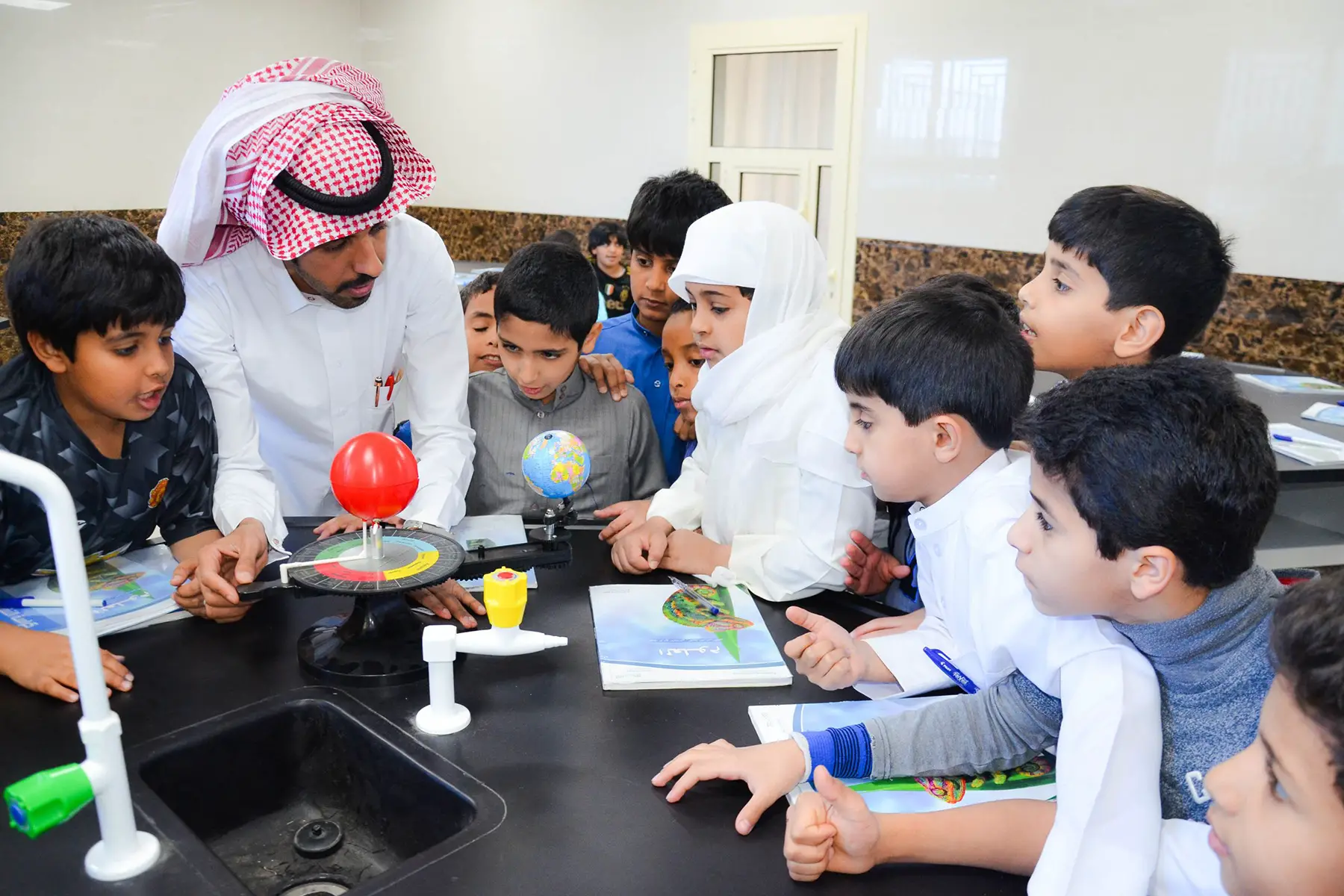
Unfortunately, this conservatism extends to homes around the Kingdom. Studies have shown a communication gap between Saudi parents and their children concerning sex, puberty, and menstruation and a general lack of sexual health knowledge.
Youth sexual health
As this religious conservatism considers extramarital sexual activity illegal, there is little reliable data on teen pregnancies, youth STI/STD prevalence, or contraception use. However, the World Bank recorded almost seven births per 1,000 young women (15–19) in 2019. It is not clear whether these were married adolescents.
Sexual health services for youth in Saudi Arabia
Adolescents around the country rely on the internet and their friends for sexual education instead of reputable information sources, which attributes to their lack of sexual health knowledge. It also makes it challenging to promote public health actions moving forward. Moreover, a survey among teenage girls in Riyad found that more than 50% had poor sexual health knowledge – a trend seen across the other provinces of the Kingdom. It further confirms the lack of sexual education programs.
However, a Swedish sexual education website, Youmo for young asylum seekers in Sweden, proved successful in the Middle East. However, it does not explicitly mention Saudi Arabia.
Same-sex relationships in Saudi Arabia
The government does not recognize any LGBT+ rights. Therefore, any same-sex sexual activity is illegal in Saudi Arabia. Indeed, the law – and society – view homosexuality and being transgender as immoral. As a result, it is punishable with fines, public beatings, deportation, chemical castration, or imprisonment. The crackdown even extends to public calls for equal rights for the LGBT+ community.
Despite progress in several areas relating to sexual health in recent years, accepting same-sex relationships is still a line too far for the Saudi government and society. Therefore, there are no sexual healthcare services for the LGBT+ population in Saudi Arabia. If you are a member of the LGBT+ community, you may wish to reconsider any decision to move to Saudi Arabia for your own physical and mental wellbeing.
Useful resources
- Ministry of Health (MOH) – electronic portal for publishing accurate health services information
- Saudi Arabia Council of Cooperative Health Insurance – governs and regulates the private health insurance providers in the Kingdom
- Saudi Arabia Unified National Platform – official information public services including healthcare in Saudi Arabia
- GOV.SA – Saudi National portal for government services




